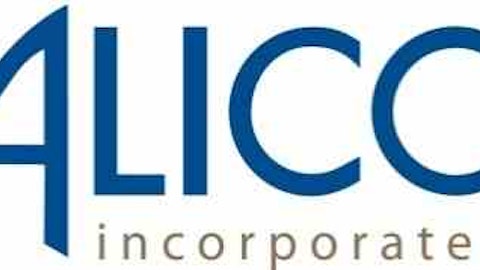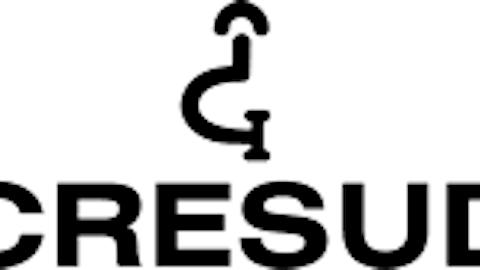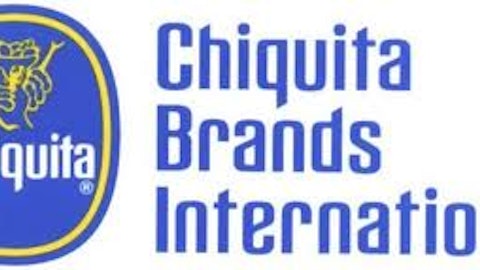According to SEC filings, multiple insiders are buying Alico, Inc. (NASDAQ:ALCO). Director Remy Trafelet bought 18,393 shares at $48.52 per share on June 11. Another director, George Brokaw, also bought 18,393 shares on June 11 at the same price. The two have been accumulating shares since December 2014, with the shares mainly being acquired between $45 and $52 per share. By buying shares, the directors join Thomas Claugus‘ GMT Capital and Daniel Beltzman and Gregory Smith‘s Birch Run Capital as major shareholders.

Studies show that insider trading can produce alpha. While there are many reasons why an insider would sell, there is only one reason why an insider would buy. Academic research shows that certain insider purchases have outperformed the market by an average of seven percentage points per year. Another way to beat the market is by following the small-cap stock picks of hedge funds. Our research shows that the 15 most popular small-cap stocks among hedge funds have outperformed the market by nearly a percentage point per month on average, between 1999 and 2012. We have been forward testing the performance of these stock picks since the end of August 2012 and they’ve performed just as expected, returning more than 142% over the ensuing 2.5+ years and outperforming the S&P 500 Index by nearly 84 percentage points.
Alico, Inc. (NASDAQ:ALCO) is an agribusiness and land management company with 129,200 acres in Florida. The company mainly produces citrus, but also produces other miscellaneous agribusiness-related products such as cattle and mining materials. At its current price of $49 per share, the business currently looks fully valued. Alico earned $1.92 per share in its trailing twelve months, giving shares a PE of 25.31. Alico doesn’t pay much of a dividend, with a dividend yield of 0.49%. There has also been some management churn, with both the CFO and COO leaving in the last four months.
Insiders have been buying because Alico has significant earnings potential. On December 3, 2014, Alico made three strategic acquisitions of citrus producers in Florida for $363 million. The acquisitions increased Alico’s citrus acreage from 10,900 acres to 32,600 acres and increased Alico’s annual citrus production from 3.4 million boxes to 10 million boxes. From a financial projection standpoint, the acquisitions will increase Alico’s free cash flow from $0.96 to $3.31 per share and increase adjusted EPS from $1.00 to $2.77 per share pre-synergies. The acquisitions will also increase Alico’s adjusted EBITDA from $21 million to $63 million post-synergies.
The $182.5 million of fixed-rate and floating-rate net debt that Alico took to finance the acquisitions is reasonable. According to management, the weighted cost of debt is 3.5% and the duration is 15 years. Alico has plenty of interest coverage for the debt, with an EBITDA to interest expense of 6.9x. Management paid off $11.3 million of debt during its fiscal second quarter, giving the company a net debt of $229.2 million at the end of that quarter. So far, Alico’s adjusted EBITDA has not matched management’s expectations. For the fiscal second quarter, Alico reported an adjusted EBITDA of $15.7 million, an increase from 2014’s second quarter EBITDA of $10.7 million, but nowhere near the tripling that management expected. One reason for the lower than expected adjusted EBITDA was lower citrus prices, which fell 6.8% year-over-year.
Alico, Inc. (NASDAQ:ALCO) would be a good investment at $45 per share. At that price, Alico would trade at a P/FCF of 13.6, giving the company an owner’s earnings yield of 7.5%. Assuming that a citrus blight doesn’t destroy Alico’s harvest and that citrus prices keep up with inflation, shareholders would have an additional 3% annual return.
Disclosure: None



